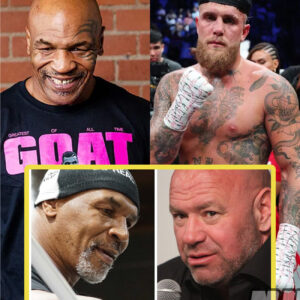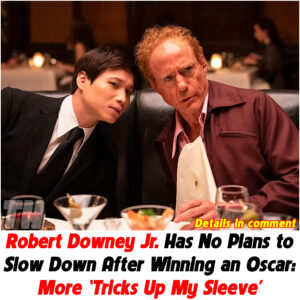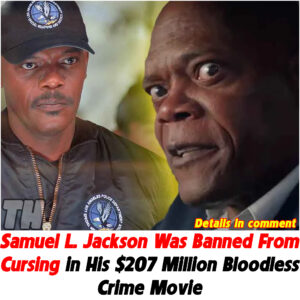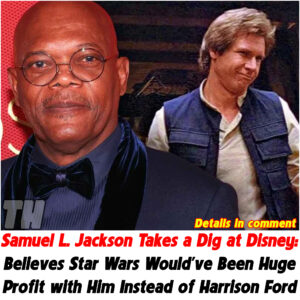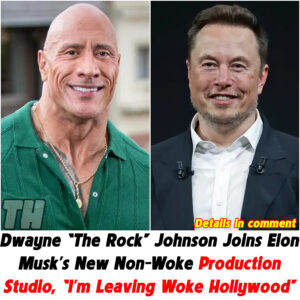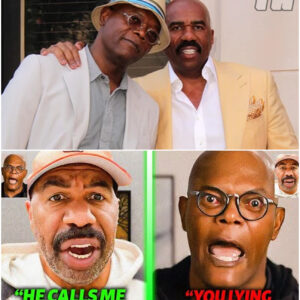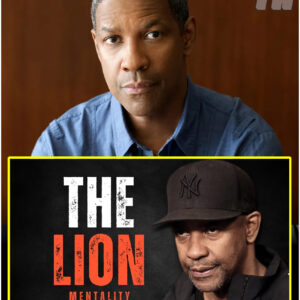In the ever-dynamic world of Hollywood, controversies are never far from the spotlight. The latest uproar revolves around allegations of exploitation and unequal treatment within the industry, with prominent figures such as Taraji P. Henson, Oprah Winfrey, and 50 Cent at the center of the storm.
The saga began with Taraji P. Henson’s candid revelation during an interview with Gail King, where she accused Oprah Winfrey of underpaying her for her role in the film “The Color Purple.”

Henson’s emotional disclosure shed light on the systemic challenges facing black actors and actresses in Hollywood, highlighting disparities in pay and opportunities.
Henson’s experience struck a chord with many in the industry, who echoed similar sentiments of being undervalued and marginalized.
The conversation quickly expanded to include other actors, such as Gabrielle Union and Kiki Palmer, who shared their own struggles with inequality in the entertainment business.
However, it was rapper 50 Cent who took a more vocal stance in support of Henson and other affected artists.
Known for his outspoken nature, 50 Cent condemned Oprah’s alleged exploitation of black actors to build her empire, calling attention to what he perceived as a pattern of abandonment once their usefulness had waned.
This isn’t the first time 50 Cent has clashed with Oprah. In the past, he has accused her of bias against certain types of music and has publicly criticized her for refusing to feature him on her show.
Their contentious history underscores deeper tensions within the industry, where issues of race, power, and representation continue to simmer beneath the surface.
50 Cent’s support of Henson also reignited discussions about Oprah’s treatment of other black artists, including Monique, who accused Oprah and Tyler Perry of blacklisting her after she spoke out about being underpaid for her role in the film “Precious.”
Monique’s claims, coupled with 50 Cent’s allegations, paint a troubling picture of exploitation and manipulation within Hollywood’s power circles.
In addition to Henson’s revelations, Denzel Washington’s experiences shed further light on the industry’s darker side.
The actor found himself embroiled in controversy when leaked emails revealed discussions about casting decisions based on race, highlighting the systemic biases that continue to pervade Hollywood.
As the debate rages on, questions about accountability, representation, and systemic change loom large. While Henson’s courage in speaking out has sparked a much-needed conversation, the road to true equality in Hollywood remains long and arduous.
In the face of adversity, voices like Henson’s, 50 Cent’s, and others serve as beacons of hope, challenging the status quo and demanding a fairer, more inclusive industry for all.
Only time will tell if their efforts will lead to meaningful change or if Hollywood’s entrenched power structures will continue to resist reform.
News
(VIDEO) Dana White REACTS to Mike Tyson vs Jake Paul POSTPONED FIGHT
**Anderson Silva and Chael Sonnen: From Boxing Match to Hall of Fame Induction** In an unexpected turn of events, former MMA rivals Anderson Silva and Chael Sonnen…
(VIDEO) Mike Tyson Just ANNIHILATED Jake Paul And WARNED To FINISH Him!
**Iron Mike vs. The Problem Child: The Showdown of Eras** The boxing world is abuzz with the upcoming clash between two unlikely adversaries: the legendary Mike Tyson…
(VIDEO) MIKE TYSON SCARY NEW FOOTAGE! (FULL TRAINING) Mayweather, Lennox & Joe Rogan WORRIED for JAKE PAUL??
(FULL TRAINING) Mayweather, Lennox & Joe Rogan WORRIED for JAKE PAUL??
### Mike Tyson vs. Jake Paul: The Fight That Never Was The world of boxing thrives on spectacle, and few events captured the public’s imagination like the…
(VIDEO) Joe Rogan Just RIPPED Jake Paul After He Quit Mike Tyson Fight
### Jake Paul vs. Mike Tyson: The Fight That Never Was In a world where spectacle often triumphs over substance, Jake Paul’s announcement to fight Mike Tyson…
(VIDEO) Floyd Mayweather Just WARNED Jake Paul To CANCEL Might Tyson Fight
### Jake Paul vs. Mike Tyson: The Looming Showdown and Floyd Mayweather’s Dire Warning In the ever-dramatic world of boxing, a potential clash between social media sensation…
(VIDEO) Joe Rogan Just EXPOSED Jake Paul With LEAKED Audio Files For BRIBING The Referee
In an unexpected twist, a leaked video has surfaced showing a private match between Jake Paul and Mike Tyson, revealing that Paul had to pay approximately $100…
End of content
No more pages to load
